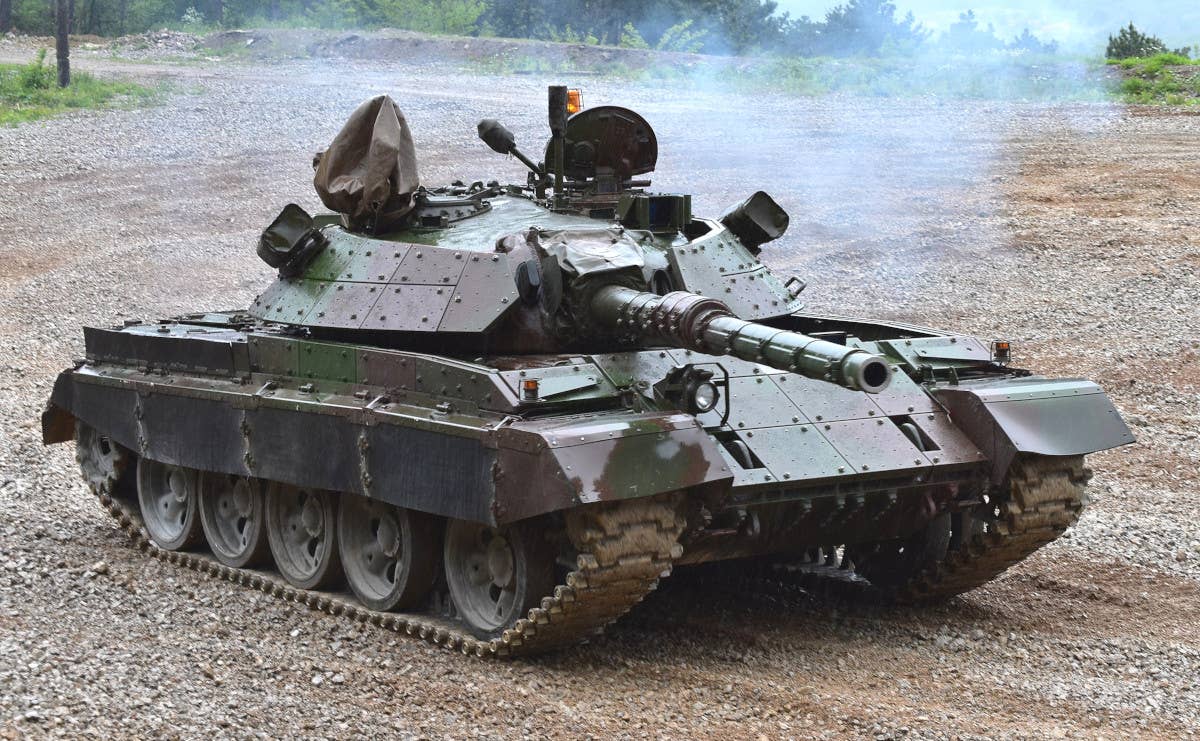

The State Duma of the Russian Federation introduces the concepts of “mobilization”, “martial law” and “wartime” into the Criminal Code.
Voluntary surrender, looting and unauthorized abandonment of a unit during the period of hostilities entails imprisonment for up to 15 years.
The State Duma on the eve introduced a package of amendments to the bill on amendments to the Criminal Code of the Russian Federation, adopted in the first reading in July.

The amendments introduce a whole set of new articles of the Criminal Code of the Russian Federation: "Voluntary surrender" (Article 352.1) and "Looting" (Article 356.1). For surrender, one faces from three to 10 years in prison, if there are no signs of high treason. For looting - up to 15 years in prison.

The list of aggravating circumstances includes the commission of a crime “during the period of mobilization or martial law, in wartime” (Article 63).

Unauthorized abandonment of the unit during the period of mobilization and martial law (Article 337 of the Criminal Code) will be punished more severely:
• from two to 10 days - up to 5 years in prison, and not up to one year
• from 10 to one month - up to 7 years in prison, and not up to three years
• more than a month - from 5 to 10 years in a colony, and not up to five years.

Refusing. Non-fulfillment by subordinates of the order of the chief, given in the prescribed manner, during martial law, in wartime or in the conditions of an armed conflict or combat operations, as well as refusal to participate in military or hostilities, it is proposed to punish with imprisonment for a term of two to three years ( Part 2.1 of Article 332 of the Criminal Code).

A group of articles is also introduced on non-execution of the state defense order and violation of the terms of the state contract (articles 201.2, 201.3, 285.5, 285.6 of the Criminal Code).
The second reading of the bill is scheduled today. The State Duma can adopt it simultaneously in the third, final one. By analogy with the package of laws on military censorship, it can be approved by the Federation Council, signed by the president and published before the end of the day.
The bill comes into force from the day of its official publication.





 thegopnik
thegopnik


